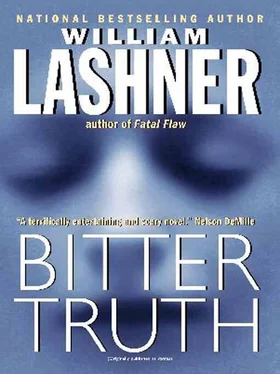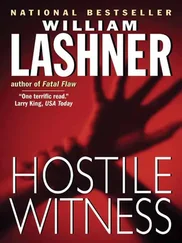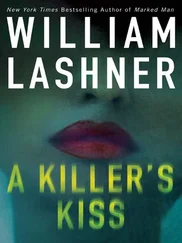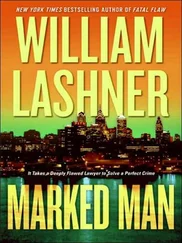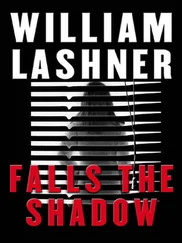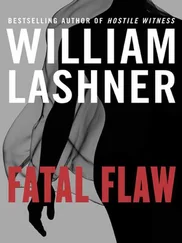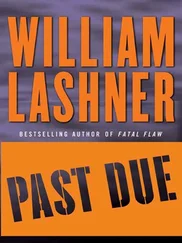“ She’s a sweet girl,” said Magee. “A good girl. She deserves better than this.”
“ There is nothing better,” I said .
Five days before they were to take us out of the hospital for transport to the boat, her response to my letter arrived
Back from the war, a one-armed cripple, I took long lonely walks around Veritas. I taught my son how to shoot and gave him my father’s gun. The gun is a wide-barreled monster and it will be many years before he can handle it properly, but he clutched it like a rare and precious thing. He once asked me about the war and I told him only that it was a thing of death, not glory. One day I caught him in my room, admiring my Distinguished Service Cross. I snatched it from his hand. I bade him to follow me down the slope to the pond. “This is what this medal is worth,” I told him and then I slung it to the middle of the water. It dropped to the bottom where it deserves to remain for all eternity .
When I felt healthy enough, I took a train to Pittsburgh and then another up to Cincinnati. From the station I rode a cab to the western rise of the city, to Price Hill. Glennis was waiting for me in a trim brick house. Her parents served me a meal of schnitzel and beans and a vinegar potato salad. Her mother cut my schnitzel for me and they talked of their great admiration for Magee. After the meal I met with Glennis alone in the parlor. She was a pretty girl, freckled and red-haired, Magee had been right about that at least. I gave her his tags and his stripes and the commendation from his commanding officer for his bravery at Cantigny. She couldn’t respond, red-faced and misty-eyed from shame. The last I gave back to her was her response to my letter. “He died before it arrived,” I told her. “He never knew.”
At that point she broke into tears and flung her arms around my neck and wept. I patted her on the back and comforted her with false words. I had planned to confront her with her betrayal but some surprising streak of goodness caused me to reassure her instead. As she hugged my neck I realized the cause of my reversal was Magee himself. We had truly become one. He had imparted to me his goodness and had diluted my evil. Just as she cried on my shoulder at her loss, I cried from my gain. Without Magee, my child, I would never have had the capacity to love your mother .
You must be certain that I love your mother, deeply and truly and with all my body and spirit. I saw your mother for the first time in many years during one of my walks. She was standing on the very porch on which I had waited for word of my young beloved nine years before. She showed me a book I had given her when she was a girl. She read to me that day and every day thereafter. There is to her a forgiving grace that I found only in one other soul, in Magee. And, through my love for your mother, I feel the same sense of linkage with the universe that I felt lying in the bed beside his. Many times I wished death had taken me from this life but I was spared, I think, only so I could love your mother. It is the truest thing I have ever done. If I were to believe that I was born to a purpose, that purpose would be to love her fully and completely and unequivocally. If I have done it poorly then that is due to my own weakness rather than any defect of hers. To say that I would die for her is a poor honorific. I would live for her, to love her, to be with her through the rest of my days. You, my child, are the noble egg of that love .
Your mother is tending to your grandmother now. Your grandmother has not long to live and when the tending is over we shall leave from Veritas, together, quickly. We shall take my son and escape from all our pasts. You will be brought into this world well away from this cursed place. The doctors were wrong, my lungs would not be fine as they had promised. I grow progressively weaker. I spit up specks of bloody tissue with each cough. I am dying. I can feel the force of death upon my face just as Magee felt the force of my pillow upon his. As I granted his last wish in Number 24 General Hospital, Étaples, it was I who was reciting Samson’s last words, “Oh Lord God, remember me, I pray Thee, and strengthen me, I pray Thee, only this once.” I may not live long enough to explain all this to you and so I write this letter. I would die now, willingly, were it not for your mother, whose love I cannot bear to leave, or were it not for the joy I receive from my son and from my thoughts of you .
Remember my evil so you won’t mourn for me, my child. Remember my love for your mother and carry it always close to your heart. Remember the man who gave me the power to accept your mother’s love, for he and I will forever be a part of you, the man for whom your mother and I both agreed you would be named, Corporal Nathaniel Magee .
With all our love,
Christian Shaw
The rich are like ravening wolves, who, having once tasted human flesh, henceforth desire and devour only men .
– JEAN-JACQUES ROUSSEAU
On the Macal River, Cayo, Belize
WE PUT INTO THE MACAL RIVERfrom a dirt landing a few miles south of San Ignacio. We are in a wooden canoe, rough-hewn from a single tree trunk, that Canek rented from a Belizean who lives on the river and who made the canoe himself. “Did he burn it out with coals like the American Indians?” I asked when I first saw it sitting in the water, stark and dark and primitive. Canek shook his head and said simply, “Chain saw.”
The canoe is thick-sided and shallow-bottomed. I sit in front on a rough wooden plank. I am wearing my blue suit with a white shirt, red tie, heavy black shoes. When I step out of the jungle to see my quarry I want to look as if I have just stepped out of court, no matter the discomfort in the heat, and make no mistake, it is uncomfortable, uncomfortable as hell. My collar is undone, my tie is loose, my shirt is already soaked with sweat. As we travel upriver we move through pockets of shade but, with the humidity at eighty-five percent, even the shade is no respite. At my feet is my briefcase and over the briefcase is my suit jacket. A paddle sits across my legs but I’m not doing any of the work. Canek Panti is standing in the back of the canoe, a woven cowboy hat on his head, a long wooden pole in his hands. He presses the end of the pole into the river bottom and pushes us forward against the slight current. He is an imposing figure standing there, poling the canoe ever south, majestic as a gondolier, his ornate machete hanging from a loop in his belt.
Every once in a while the river quickens and Canek is forced to jump out of the canoe and take hold of the front rope and drag the canoe through swift water, the rope digging into his shoulder as he struggles forward. I offer half-heartedly to help but Canek waves me off and shoulders me upstream until the river calms enough for him to jump back in and pick up once again his pole. In those moments, with my suit and dry shoes, with Canek dragging me upriver, I feel every inch the ugly colonialist. Call me Bwana. We have passed women washing clothes on rocks and children swimming. A boy riding bareback on a great black horse crossed the river in front of us a mile or so back, but now we are alone with the water.
The jungle rises about us in walls of dense green, punctuated by the yellow-tipped crimson of lobster claws or star-shaped white blossoms, and the world behind those walls is alive with the sounds of animals scurrying and birds cawing. The trees overhead are thick with hairlike growths in their crooks, which Canek tells me are wild orchids. Little yellow fish leap out of the tropical waters and flat-headed kingfishers, dark blue with bright white collars, skim across the water’s surface. Something oblong and heavy slips into the river before us. Mosquitoes hum around us, as well as other bugs, thicker, hunchbacked, and black. Botlass flies, Canek tells me. One of them tears into my neck, drawing blood. The bite swells immediately.
Читать дальше
